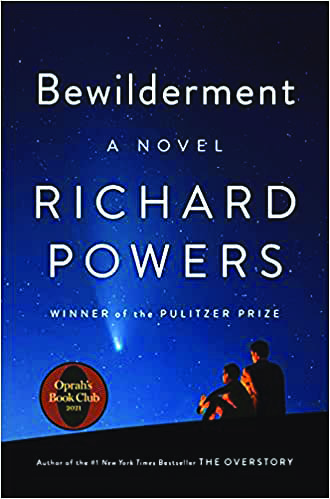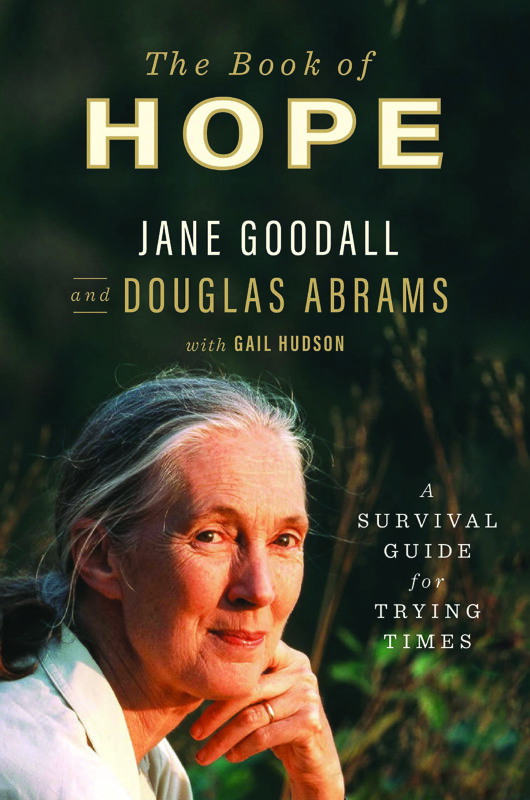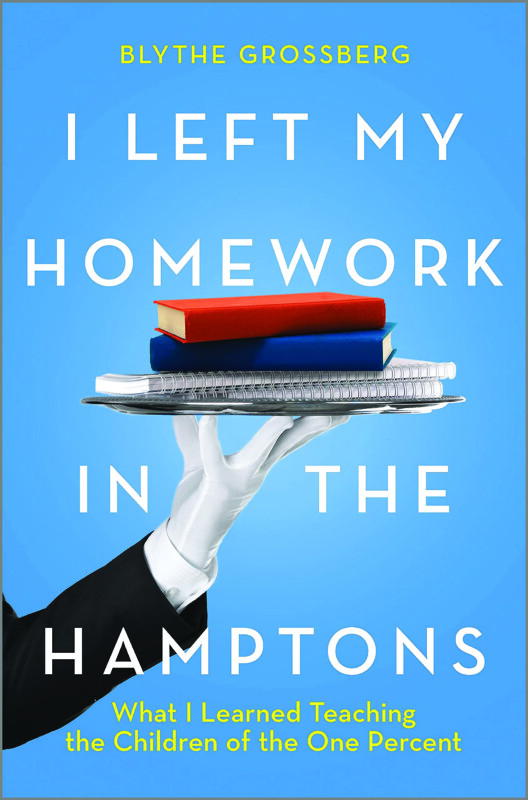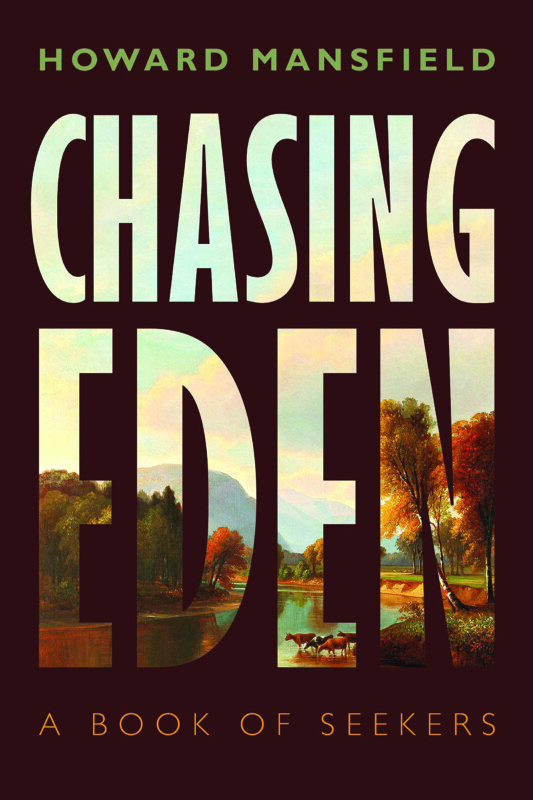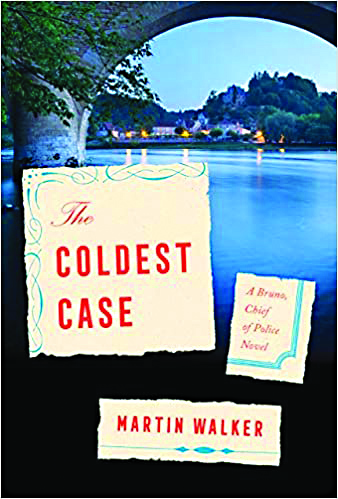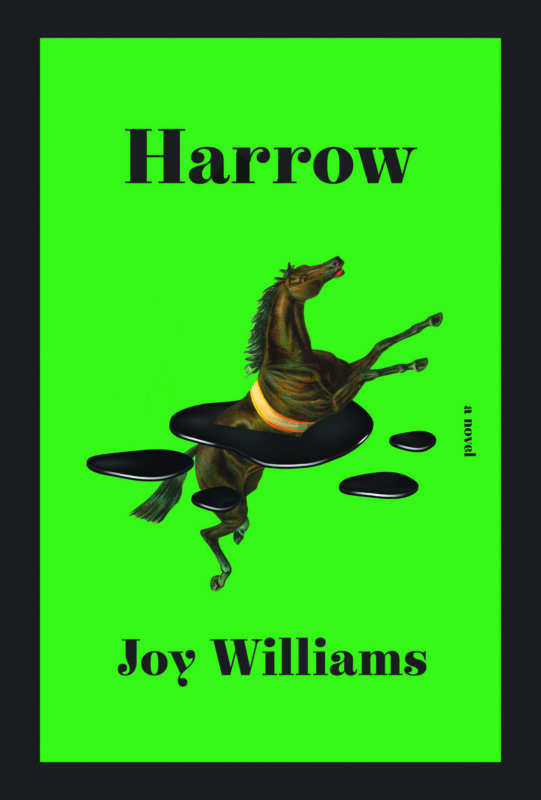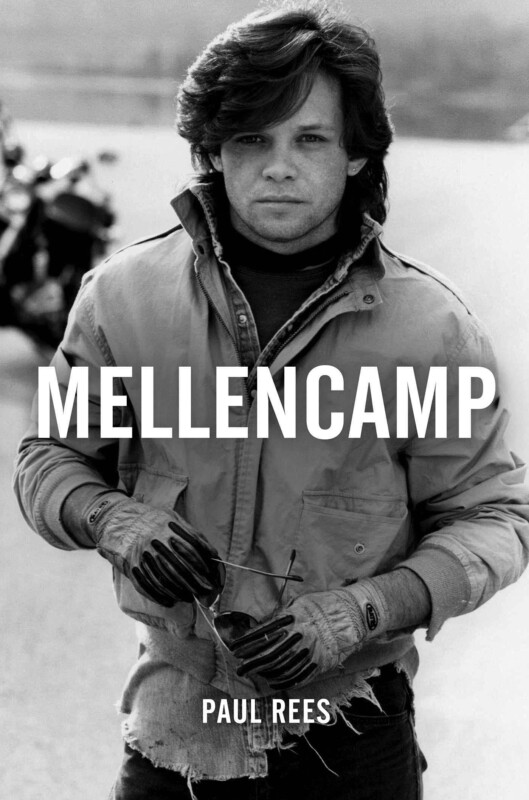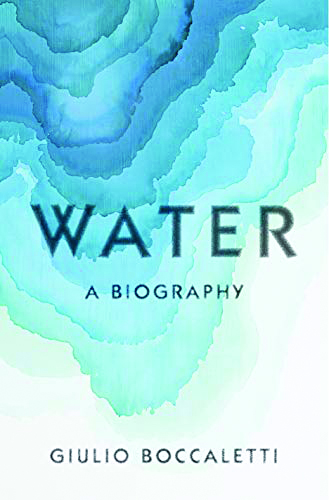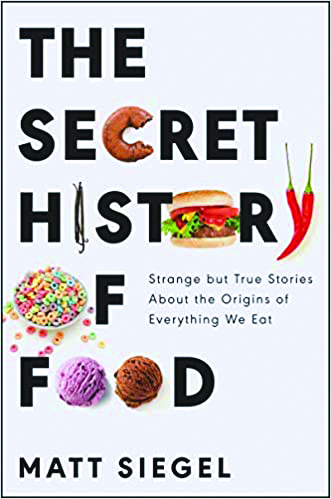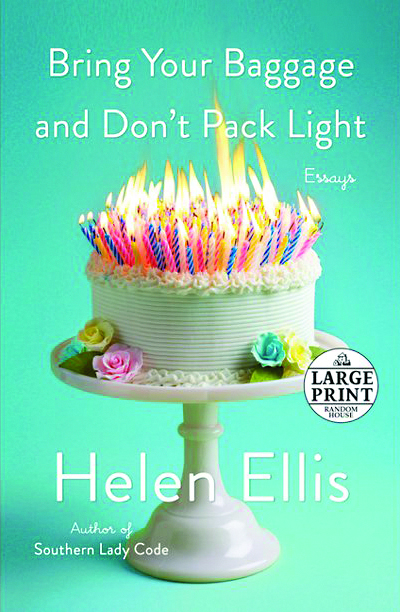Bewilderment, by Richard Powers (W.W. Norton, 278 pages)
For some people, the title of Richard Powers’ new novel, Bewilderment, might seem a nod to his last.
Although The Overstory won the Pulitzer Prize for fiction, the 612-page book, published in 2018, had decidedly mixed reviews from the general public. Many readers found it confusing, overwrought, pretentious, unwieldy and preachy.
There are no such problems with Bewilderment, which is a taut and engrossing read from its opening pages to its unsettling ending. It is Powers’ 13th novel and should delight his longtime fans and recruit new ones. There is a raft of intelligent design bobbing in this fast-moving river of a book that centers on two characters: a widowed astrobiologist and his neurologically atypical son who has been diagnosed with Asperger’s, ADHD and obsessive-compulsive behavior. In all of modern literature, you will not find a more sympathetic account of what it’s like to be a single parent raising a child who cannot regulate his behavior. Nor will you find a more thoughtful, yet accessible, musing on the mysteries of the universe.
The novel begins with a father-son camping trip that Theo Byrne arranges as an extended time-out for his son, Robin, who is on the verge of being expelled from third grade because of his out-of-control behavior. Robin, who goes by Robbie, is 9 and has the usual challenges of children that age; other children bully him, for example, because of his name, which was given to him because it was his mother’s favorite bird.
Alyssa Byrne has been dead for two years, but her spirit is very much with her son and husband, who recite her favorite prayer every night: May every sentient being be free from unnecessary suffering. Alyssa was what is commonly known as an animal-rights activist, but without the red spray paint. She was a sharply intelligent, untiring force of nature who used natural winsomeness to alleviate the suffering of animals and to draw attention to mass extinctions under way. In the words of her husband, “She ionized any room, even a roomful of politicians.”
Alyssa’s sudden death (the details of which are slowly revealed) was catastrophic for the family, beyond usual ways. It left Theo an island with no support in his insistence that Robbie not be subjected to psychoactive drugs while the child’s mind was still developing. And it left Robbie, already prone to fits of rage and other antisocial behavior, obsessed with his mother and her causes. At one point, he decides to paint a picture of every endangered animal and sell the paintings to give to one of Alyssa’s favorite charities.
All this alone is fodder for a very good novel, especially given the sensitivity and insight that Powers brings to the challenges of parenting children with autism-spectrum disorders, especially for those doing so alone.
But Powers brings another layer to the story through Theo’s choice of career. A researcher who uses data and imagination to envision forms of life that could populate planets that have yet to be found, Theo shares these potential worlds with his son, who possesses extraordinary wisdom and empathy. Their conversations about the Fermi paradox (the fact that there is no evidence of extraterrestrial life despite the overwhelming odds that it exists) and other scientific concepts lend an intelligence to this novel that inferior literature lacks, and Theo’s descriptions of theoretical planets at times mirror what’s going on in the book. It’s a lovely dance, expertly choreographed by a master.
Robbie’s escalating problems lead Theo to seek out an experimental therapy called Decoded Neurofeedback, which Theo and Alyssa had participated in years ago. Using artificial intelligence, a subject’s brain is mapped, and then taught to steer toward another subject’s emotions. Because Alyssa’s data was available, it is eventually incorporated into Robbie’s treatment, and unforeseen consequences ensue.
This puts Theo, a science-fiction fan since childhood, deeper into an already mind-boggling dilemma — whether to continue with therapy that is apparently helping his son, even when unfolding events threaten to publicly expose Robbie’s participation in a controversial treatment.
As in The Overstory, Powers has points to make, about nature, humans’ oversized footprint on the planet, and politics. His occasional asides into the actions of a fictional president (clearly Donald Trump, or an imitator, though never directly identified as such) — such as a directive that all Americans carry proof of citizenship at all times — seems unnecessary, although there is an endearing fictional Greta Thunberg with whom Robbie falls in love and who is a perfect fit with this story. And when the reason for the title is finally revealed in the waning pages of the novel, it’s a political observation, but pitch-perfect no matter what ideology the reader embraces.
A Hollywood happy ending would betray the complexity of this deeply serious and heart-rending novel, so don’t look for that. But this should be a contender among the best novels of 2021.
A
Book Notes
If your life has been a little colder, a little drearier these days, maybe it’s because it’s November. Or maybe it’s because it’s been almost five years since the last BBC episode of Sherlock aired, and Benedict Cumberbatch is still being cagey about whether he will make another season.
No matter. There’s usually something new in the Holmes universe, and this month comes Miss Moriarty, I Presume? (Berkley, 368 pages) by Sherry Thomas, writer of something called “The Lady Sherlock Series.” The major characters are Charlotte Holmes and Mrs. Watson, and previous titles in the series include A Study in Scarlet Women and A Conspiracy in Belgravia. It’s anybody’s guess what Sir Arthur Conan Doyle would think of this, but the books have made the New York Times bestseller list.
Doyle died in 1930, but his inspired character lives in the genre of pastiche, literature written in the style, and with many of the same characters, as a famous work. Call it a more formal and tasteful style of fan fiction, one that satisfies the appetite for more and more stories of a beloved character.
British writer James Lovegrove has done this successfully with the Sherlock Holmes franchise, and he released a new novel in October: Sherlock Holmes and the Three Winter Terrors (Titan Books, 416 pages). That’s seasonal enough, but he also published Sherlock Holmes and the Christmas Demon two years ago (Titan, 384 pages). It seems that Halloween and Christmas are morphing into one big festival, probably starting with The Nightmare Before Christmas.
There are nine other Lovegrove/Sherlock books, and he’s also written a handful of short stories, published in anthologies, all listed on his website. That should be enough to keep you entertained until a fifth season of Sherlock comes out.
If not, there’s a Benedict Cumberbatch adult coloring book available on Amazon.
Book Events
Author events
• MITCH ALBOM Author presents The Stranger in the Lifeboat. Virtual event hosted by Gibson’s Bookstore in Concord. Fri., Nov. 5, 7:30 p.m. Via Zoom. Registration required. Visit gibsonsbookstore.com or call 224-0562.
• KEN FOLLETT Author presents Never. Virtual event with author discussion and audience Q&A, hosted by The Music Hall in Portsmouth. Sun., Nov. 14, 1 p.m. Tickets cost $36 and include a book for in-person pickup at The Music Hall. Visit themusichall.org or call 436-2400.
• TANJA HESTER Author presents Wallet Activism: How to Use Every Dollar You Spend, Earn, and Save as a Force for Change. Virtual event hosted by Gibson’s Bookstore in Concord. Mon., Nov. 22, 7 p.m. Via Zoom. Registration required. Visit gibsonsbookstore.com or call 224-0562.
• HILARY CROWLEY Author presents The Power of Energy Medicine. Virtual event hosted by Gibson’s Bookstore in Concord. Thurs., Nov. 18, 7 p.m. Via Zoom. Registration required. Visit gibsonsbookstore.com or call 224-0562.
• BRENE BROWN Author presents Atlas of the Heart. Virtual event hosted by Gibson’s Bookstore in Concord. Thurs., Dec. 2, 8 p.m. Via Zoom. Tickets cost $30. Ticket sales end Dec. 2, at noon. Visit gibsonsbookstore.com or call 224-0562.
Poetry
• COVID SPRING II BOOK LAUNCHVirtual book launch celebrating COVID Spring II: More Granite State Pandemic Poems, an anthology of poetry by 51 New Hampshire residents about the pandemic experience in New Hampshire, now available through independent Concord-based publisher Hobblebush Books. Includes an introduction by Mary Russell, Director of the New Hampshire Center for the Book at the New Hampshire State Library. Sun., Nov. 7, 7 p.m. Virtual, via Zoom. Registration required. Visit hobblebush.com or call 715-9615.
• DOWN CELLAR POETRY SALON Poetry event series presented by the Poetry Society of New Hampshire. Monthly. First Sunday. Visit poetrysocietynh.wordpress.com.
Book Clubs
• BOOKERY Online. Monthly. Third Thursday, 6 p.m. Bookstore based in Manchester. Visit bookerymht.com/online-book-club or call 836-6600.
• GIBSON’S BOOKSTORE Online, via Zoom. Monthly. First Monday, 5:30 p.m. Bookstore based in Concord. Visit gibsonsbookstore.com/gibsons-book-club-2020-2021 or call 224-0562.
• TO SHARE BREWING CO. 720 Union St., Manchester. Monthly. Second Thursday, 6 p.m. RSVP required. Visit tosharebrewing.com or call 836-6947.
• GOFFSTOWN PUBLIC LIBRARY 2 High St., Goffstown. Monthly. Third Wednesday, 1:30 p.m. Call 497-2102, email elizabethw@goffstownlibrary.com or visit goffstownlibrary.com
• BELKNAP MILL Online. Monthly. Last Wednesday, 6 p.m. Based in Laconia. Email bookclub@belknapmill.org.
• NASHUA PUBLIC LIBRARY Online. Monthly. Second Friday, 3 p.m. Call 589-4611, email information@nashualibrary.org or visit nashualibrary.org.
Language
• FRENCH LANGUAGE AND LITERATURE CLASSES Offered remotely by the Franco-American Centre. Six-week session with classes held Thursdays from 6:30 to 8:30 p.m. $225. Visit facnh.com/education or call 623-1093.

